108 Glen Osmond Road, Parkside
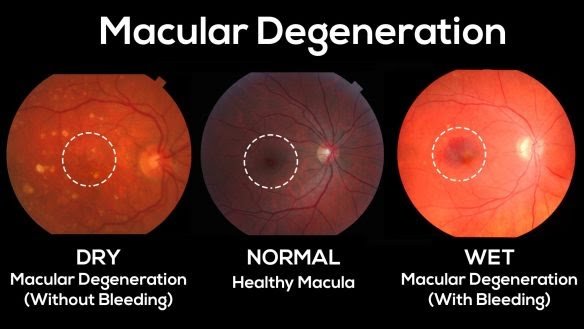
Macular degeneration (also called age-related macular degeneration or AMD) is the leading cause of blindness and severe vision loss in Australia. The name refers to a group of degenerative diseases of the retina, in particular the macula, which is responsible for central and fine-detail vision. Because this is a painless condition and peripheral vision is not affected, many people are not aware that they have AMD until the disease is in the advanced stages. Once advanced, AMD can be classified into wet and dry forms.
Macular Degeneration Types :

Causes of Macular Degeneration :
The exact cause of this condition has not yet been found. However, the following factors have been linked to an increased risk of developing macular degeneration
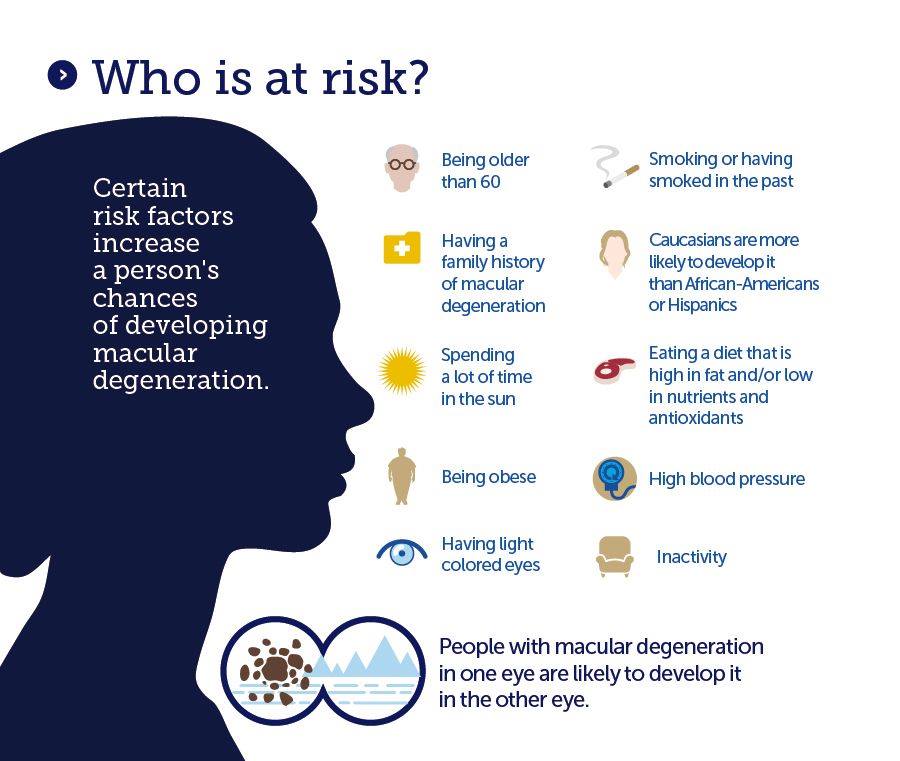
Macular degeneration affects the cells in the retina that are responsible for central vision and color vision. With this in mind, it should be no surprise that the most common signs of macular degeneration are blurring of the central vision, and therefore difficulty in seeing fine details. The symptoms and early warning signs of macular degeneration can sometimes go unnoticed for some time.
Macular degeneration can cause vision issues that materialize very slowly and gradually. These problems may often be dismissed, so pay attention to any difficulties experienced through everyday tasks, like reading a book or threading a needle. When you look ahead of you, you may notice things like doorframes or telephone poles appear slightly wavy and distorted.
Macular degeneration is not usually felt physically, by way of pain, pressure, or irritation; the symptoms of macular degeneration are always visual.
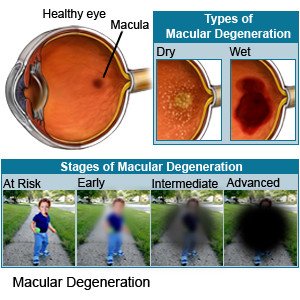
Ayurvedic View of Macular Degeneration :
‘Drishti Dosha’ is the Ayurvedic name for defective eyesight. "Shaalakya tantra" is a separate branch of Ayurveda that deals with eye disorders. The pathogenesis of macular disorders and their treatments are mentioned in Ayurveda texts. Macular degeneration occurs due to an imbalance of the three doshas, either individually or in combination. In the majority of cases, Ayurvedic treatment helps to control the progressive degeneration so that the present vision status can be stabilized. Rasayana medicines in Ayurveda give strength to the retina and improve vision.
Macular degeneration sometimes occurs as a complication of other diseases also and hence, after thorough examination of the underlying causative factor, we should proceed with treatment. Treatment consists of internal medicines and external therapies like Tarpanam, along with changes in diet and lifestyle, and yoga. While treating macular degeneration, underlying causative factors should also be given importance in treatment.
Ayurvedic treatment for Macular Degeneration
According to Ayurveda, Macular degeneration is caused by the vitiation of vata & pitta doshas. All dry types are purely vata type, and wet type has pitta dosha along with vata. So, the Ayurvedic treatment of Macular Degeneration also varies according to the stage, whether dry or wet type. Ayurvedic treatment can nicely control progressive degeneration in the majority of cases so that the present vision status can be stabilized. Rejuvenating Ayurvedic medicines give strength to the retina, and some improvement in vision can also be expected.
In wet-type Macular Degeneration, it is very imp to start the treatment immediately, otherwise the persistent edema will cause irreversible damage to the retina and it will not be able to reverse the vision in those cases.

Treatment procedures for the dry type include tharpana (where warm medicated eye is poured and retained in a herbal container over the eyes for some time), Shirodhara (where warm medicated oil is poured over the head), lepanam(application of herbal paste in the eyelids), netradhara(pouring of herbal liquids over closed eye), virechanam (induced purgation to remove toxins) and nasyam (medication administered through nose to clear the channels). Treatment for wet macular degeneration includes takradhara(pouring lukewarm medicated butter milk over the head) in addition to virechanam, netradhara, nasyam, and virechanam.

Herbs and Ayurvedic formulations used for Macular Degeneration are :
* Triphala (Combination of three fruits) – Triphala is an important medicine for eye health, especially blurred or impaired vision, or to prevent eye disorders. Triphala strengthens the muscles of the eyes and improves eyesight. It is for both internal and external use.
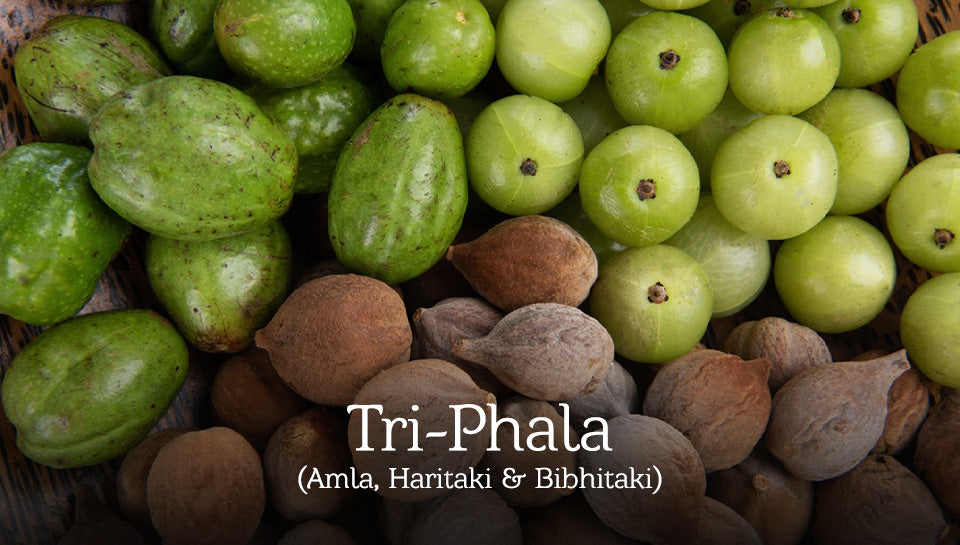
* Amalaki (Emblica officinalis) – Amalaki fruit (one ingredient of Triphala) is an anti-aging tonic, or Rasayana in Ayurveda, rich in vitamin C and antioxidants. Amalaki is wonderful in maintaining pitta balance and supports cleansing. Amalaki is specifically known as a “Chakshushya”, which means “that which strengthens the eyes”.
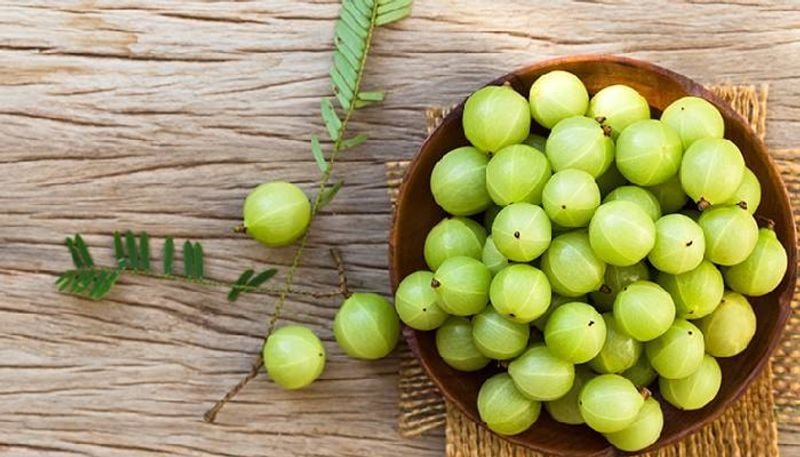
* Yashtimadhu (Glycyrrhiza glabra) – Yashtimadhu (licorice) mitigates Pitta dosha, promotes longevity, and is good for the eyes.
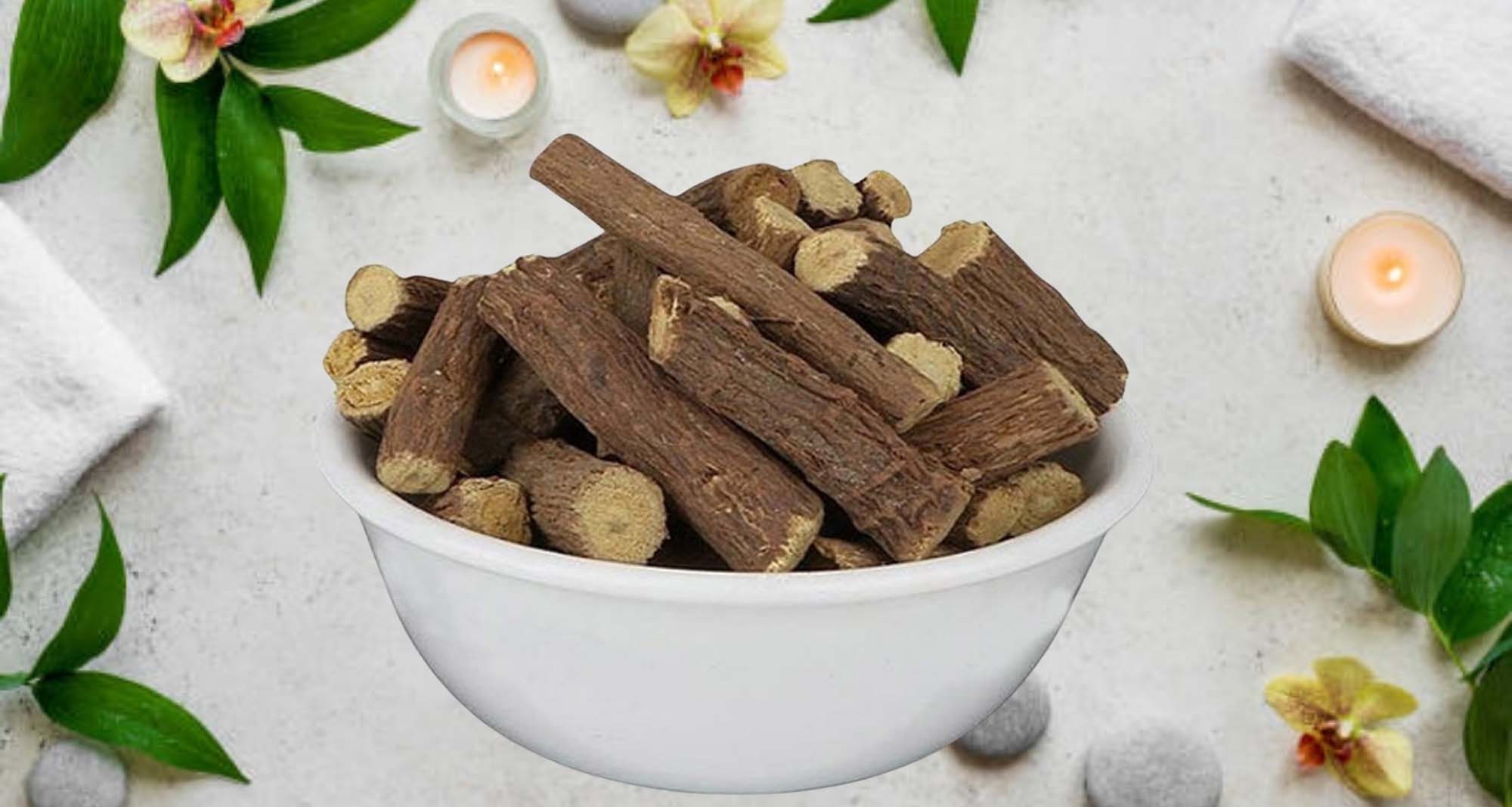
* Bhringaraj (Eclipta alba) – Bhringaraj is Chakshushya (strengthens the eyes), Akshirogahrut (Useful in eye diseases), Rasayana (Rejuvenative), and balances Kapha and Vata dosha.
* Saptamrit lauh is an Ayurvedic medicine in powder form containing Iron calx, Triphala, and yashtimadhu, balances Pitta dosha, and is recommended in age-related macular degeneration and other vision-related eye disorders.
* Amalaki Rasayana is an Ayurvedic preparation with Amla as a main ingredient. Amalaki Rasayana is good for all three doshas and is Chakshushya (Good for eyes, improves vision) and Rasayana (Rejuvenation).
* Triphala Ghrita nourishes the nerves and tissues of the eyeball, including the lens. Triphala ghee balances Vata and Pitta doshas and can be used internally and externally (as eye drops or in Tarpan treatment) as it is beneficial in eye diseases.

Precautions for Macular Degeneration :
Thus, if you have this eye disease and want to get the best ayurvedic treatment for Macular Degeneration in Australia, then Life Line Ayurvedic Herbal Clinic provides the best Macular Treatment through the best chosen herbs and excellent detoxification and rejuvenating therapies, especially Akshi tarpan by the expert team of Ayurvedic doctors. Get the best treatment and feel safe.
Disclaimer : Sandeep Kumar and Anupam Vasudeva are not GP, they have Ayurveda medical degree from India where it is considered equal to any other medical degree. This qualification is recognized in Australia by vetassess governing body as Complementary Health Therapists. Life Line Ayurvedic Herbal Clinic does not claim to cure a disease or terminal illness and does not create any unreasonable expectation of beneficial treatment. Ayurvedic medicines and treatments are generally considered to be safe but rarely may be associated with possible adverse reactions in individual cases. We recommend seeking urgent medical attention in the case of an adverse reaction. This website provides you with information. You must contact your Ayurvedic or another health professional before you apply them. Read More